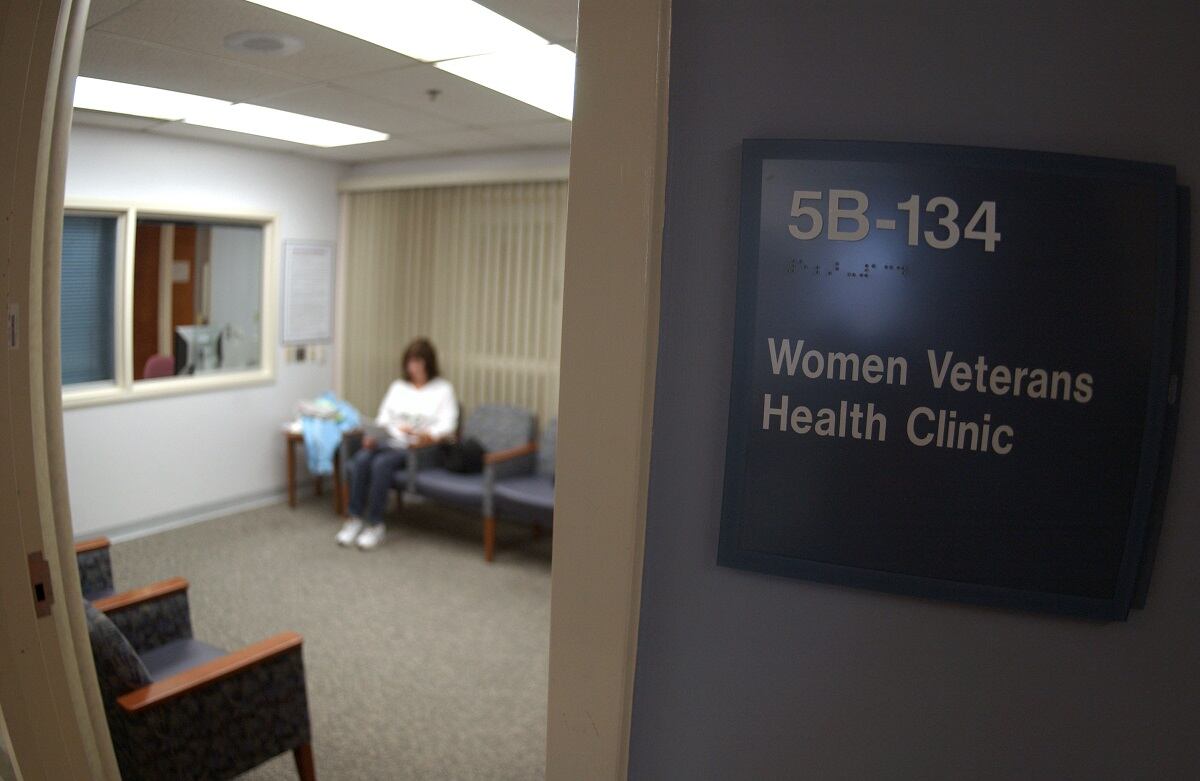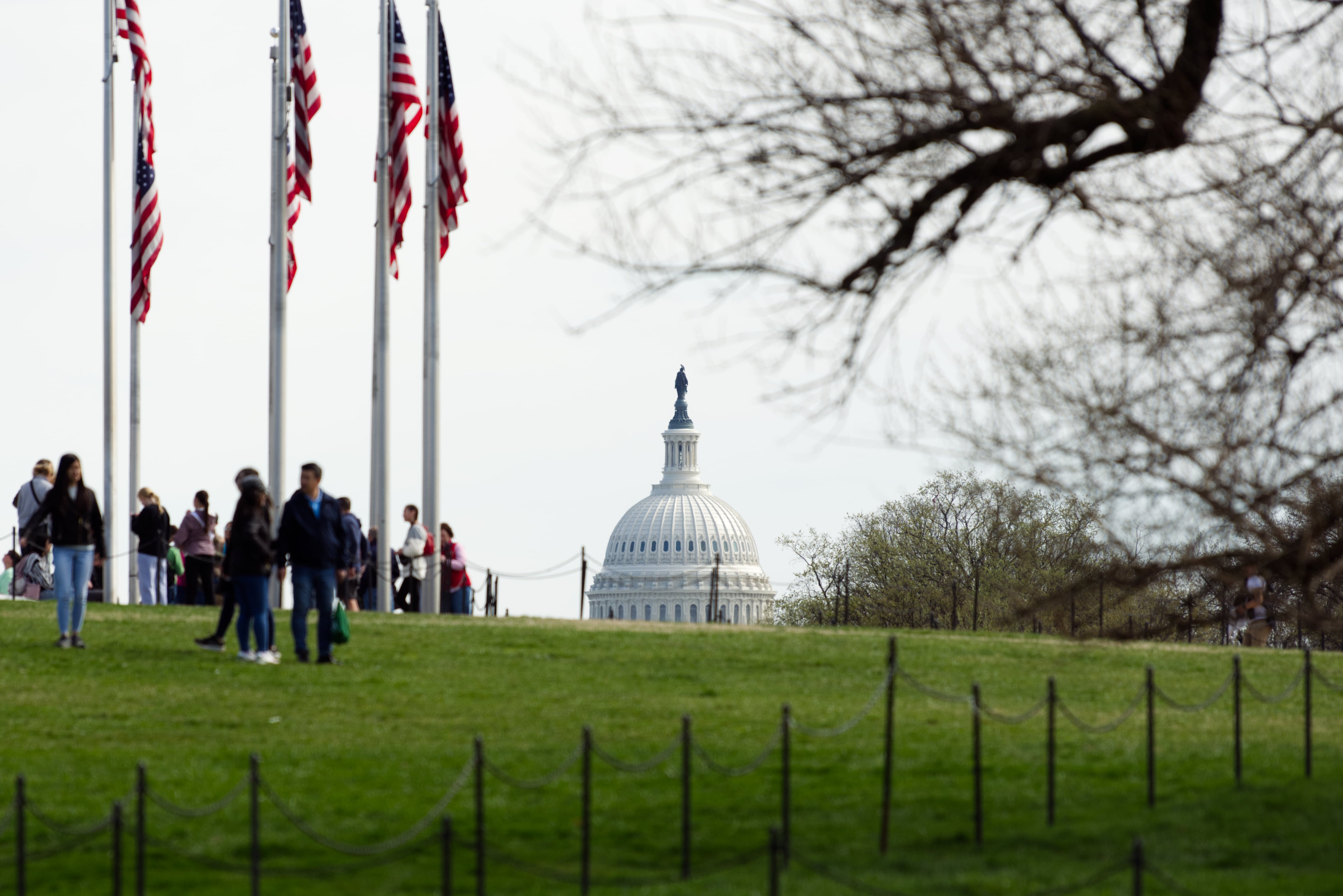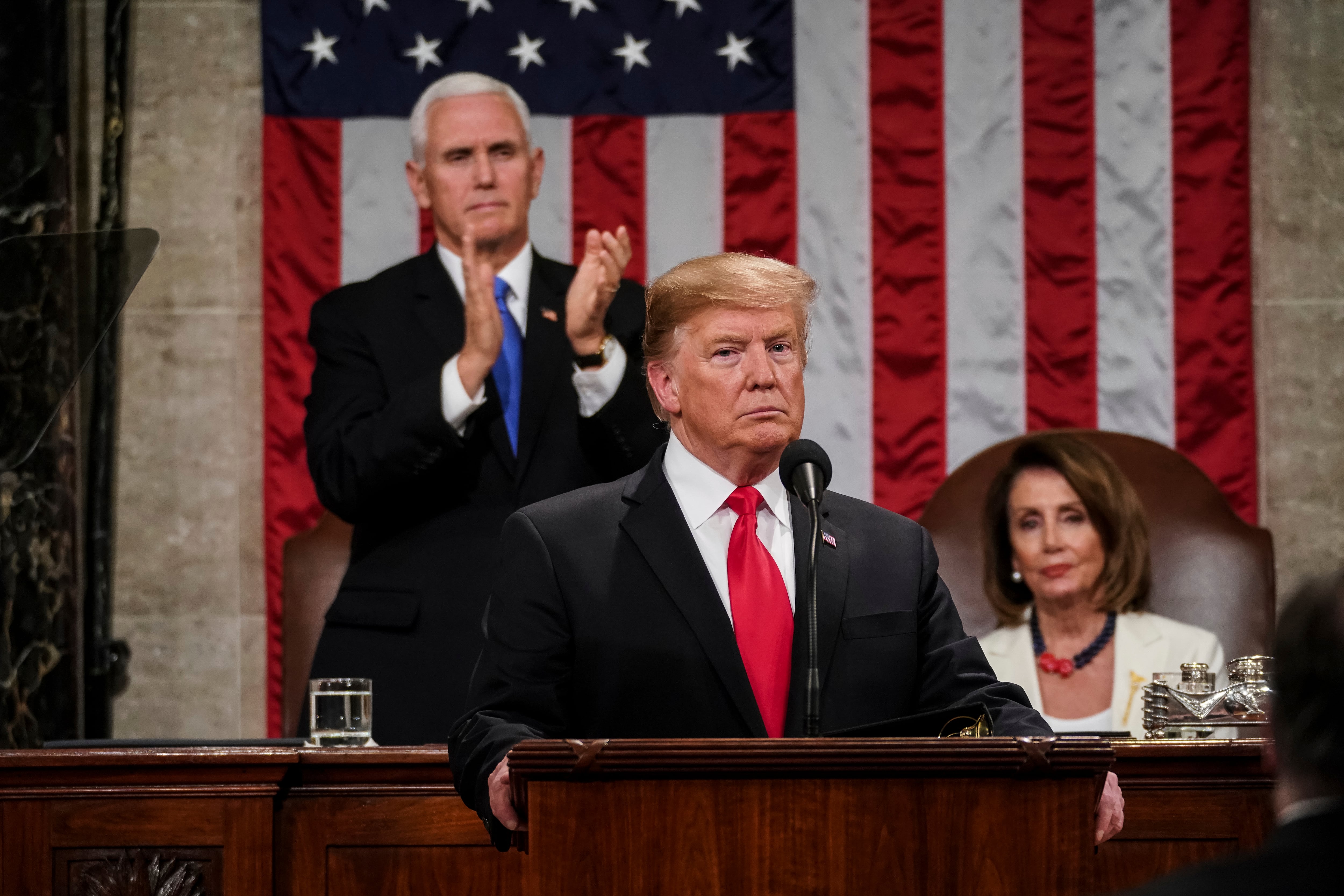WASHINGTON — House lawmakers will try again next week to advance a massive veterans policy package which would overhaul private-sector care options for current Veterans Affairs patients, expand caregiver benefits to older veterans and create a base-closing style review to shutter obsolete department facilities.
The measure, introduced Thursday and scheduled for mark-up before the House Veterans’ Affairs Committee next Tuesday, closely follows a similar plan that was nearly passed as part of the federal budget package in March. Senate leaders and House Republicans agreed to that plan, but House Democrats raised last-minute objections over procedural issues with the deal.
The move comes less than a week after department officials warned that funding for their VA Choice program — which covers about 900,000 veterans medical appointments outside the VA system each month — will run out of money in early June.
In a statement, House Veterans’ Affairs Committee Chairman Phil Roe, R-Tenn., said the deadline adds extra urgency to the debate over the reform legislation, parts of which have been under consideration for nine months.
“This legislation must be passed, and if Congress fails to act veterans will pay for that failure,” he said. “(This measure) will put the department back on track to fulfilling President Lincoln’s promise to care for the men and women who have borne the battle.”
Senate officials have again signaled support for the proposal, but House Democrats may again pose problems to passage. House Veterans’ Affairs Committee ranking member Tim Walz, D-Minn., has not yet taken a position on the measure.
However, unlike during the omnibus debate, where additions to the massive spending deal required buy-in from House Democrats, Republicans may be able to advance this measure to the Senate without support from the minority party.
If it becomes law, the measure would finalize three major reform efforts which have consumed much of lawmaker’s VA work on Capitol Hill in the past year.
The community care overhaul has been a central topic of President Donald Trump’s promised improvements to the veterans’ bureaucracy, and played a role in the firing of former VA Secretary David Shulkin in March.
He claimed political operatives within the White House were working to dramatically expand the number of veterans eligible to receive taxpayer-funded care outside the VA system, potentially undermining the existing VA health system.
But he — and White House officials — have publicly backed the outline of Roe’s latest plans, which call for more relaxed eligibility standards for care outside VA while still requiring that department officials remain the central coordinator of veterans care.
Veterans who are enrolled in department health care would be entitled to two visits a year to any outside physician without any cost, and tens of thousands of others could be eligible for more private-sector specialists under new criteria determining whether VA offers equal or adequate health care services to those individuals.
The VA asset review, which House Democrats have criticized, would create a nine-member independent commission to develop criteria for department facility closings and offer two rounds of recommendations in 2022 and 2023.
VA officials have previously said there are hundreds of aging or outdated facilities that should be consolidated or eliminated, but current law prohibits that. But the military base closing rounds have proven unpopular with lawmakers in recent years, and similar fights are likely with a VA commission recommending closings in cities across the country.
The caregiver expansion has been a priority of the veterans groups and Democrats in Congress in recent months. Currently only caregivers of veterans from the post-9/11 era are eligible for monthly stipends through the department.
The new proposal would expand that to veterans of all eras, first starting with pre-1975 veterans and later phasing in the remaining group.
To pay for the reforms, the legislation would extend some VA home loan fees and extend limits on pensions for veterans living in nursing homes who also qualify for Medicaid. It also contains $5.2 billion in new funding for the VA Choice program, to extend it for another year until it is consolidated into the revamped department community care offerings.
The full cost of the measure has yet to be determined. Supporters are hopeful they can pass the legislation out of the House before Memorial Day.
Leo covers Congress, Veterans Affairs and the White House for Military Times. He has covered Washington, D.C. since 2004, focusing on military personnel and veterans policies. His work has earned numerous honors, including a 2009 Polk award, a 2010 National Headliner Award, the IAVA Leadership in Journalism award and the VFW News Media award.




